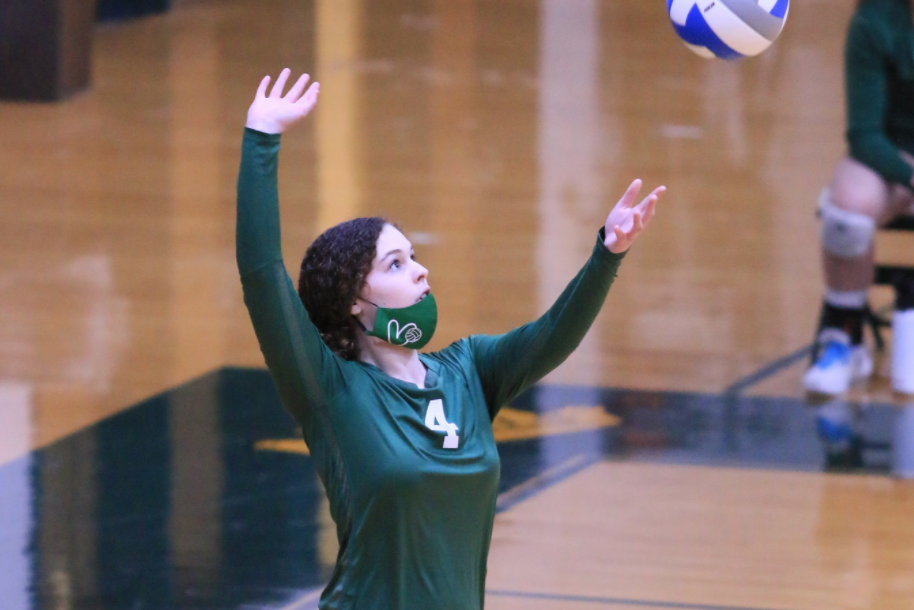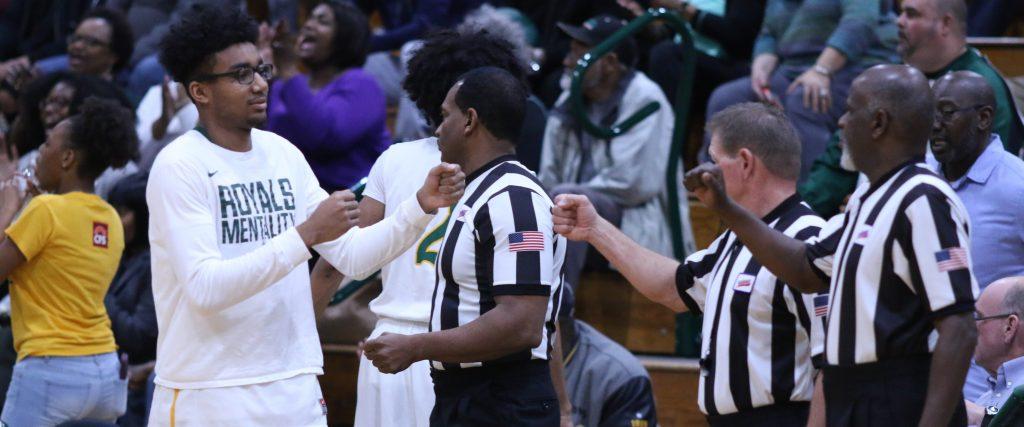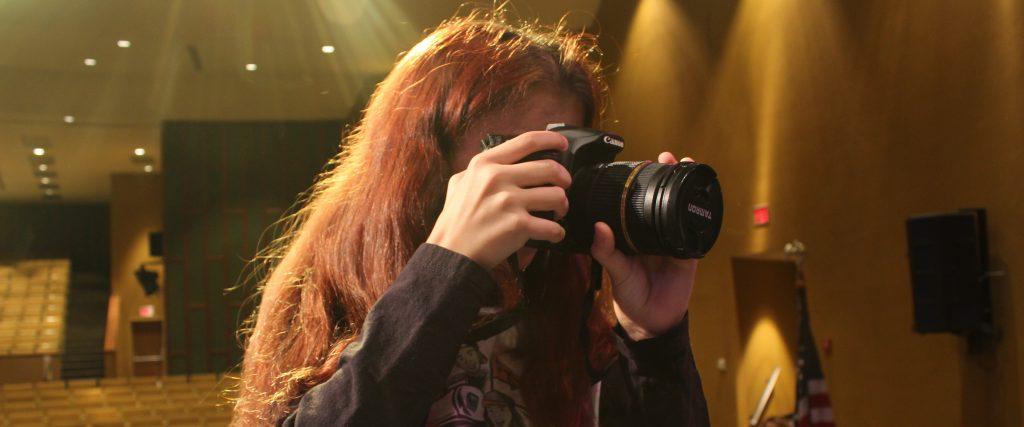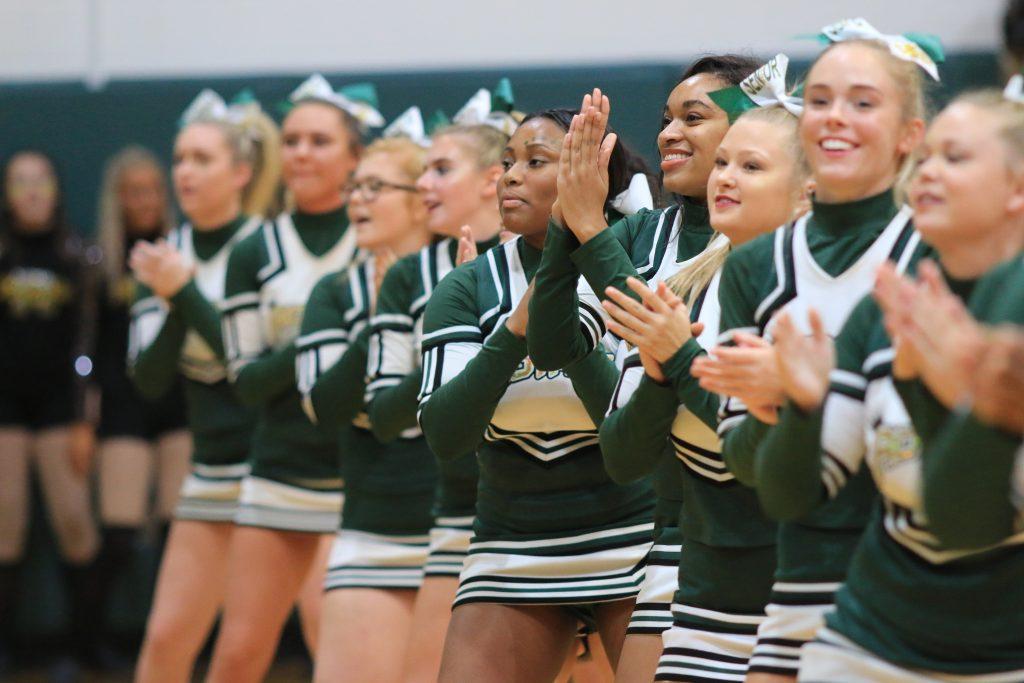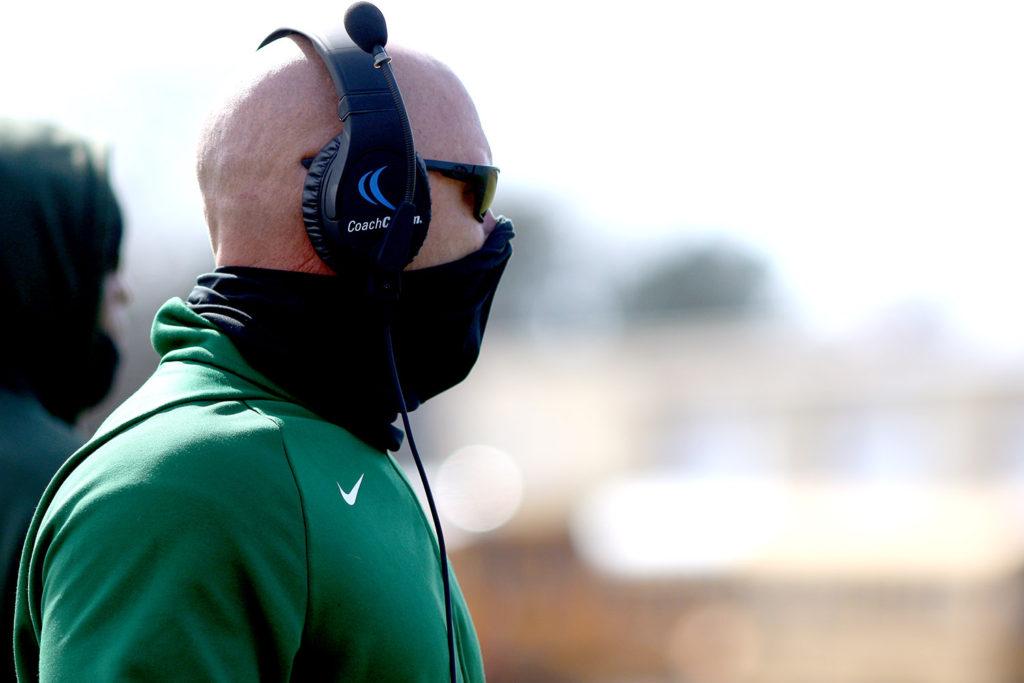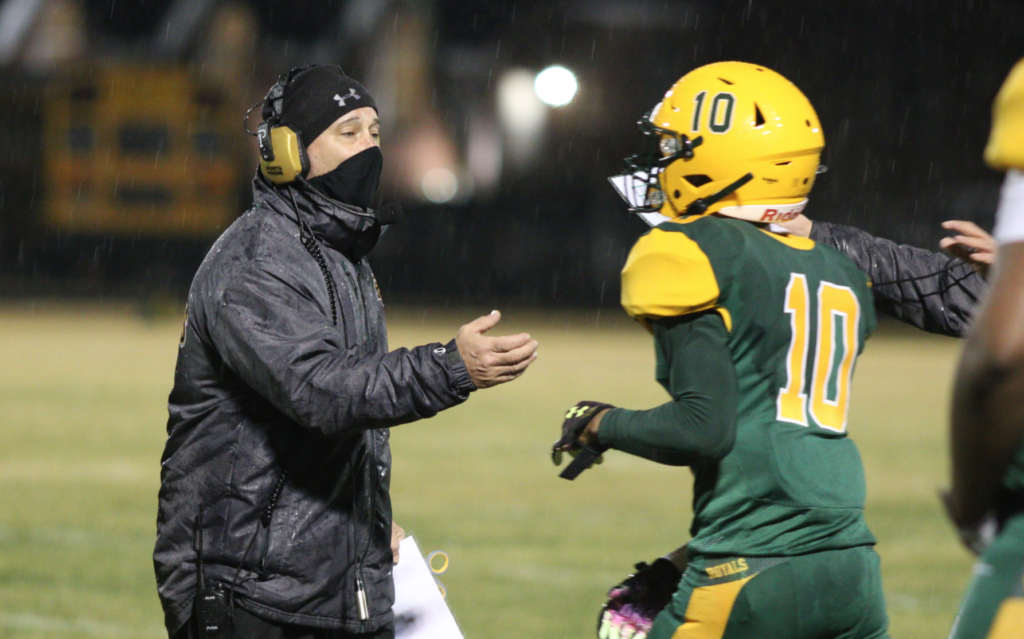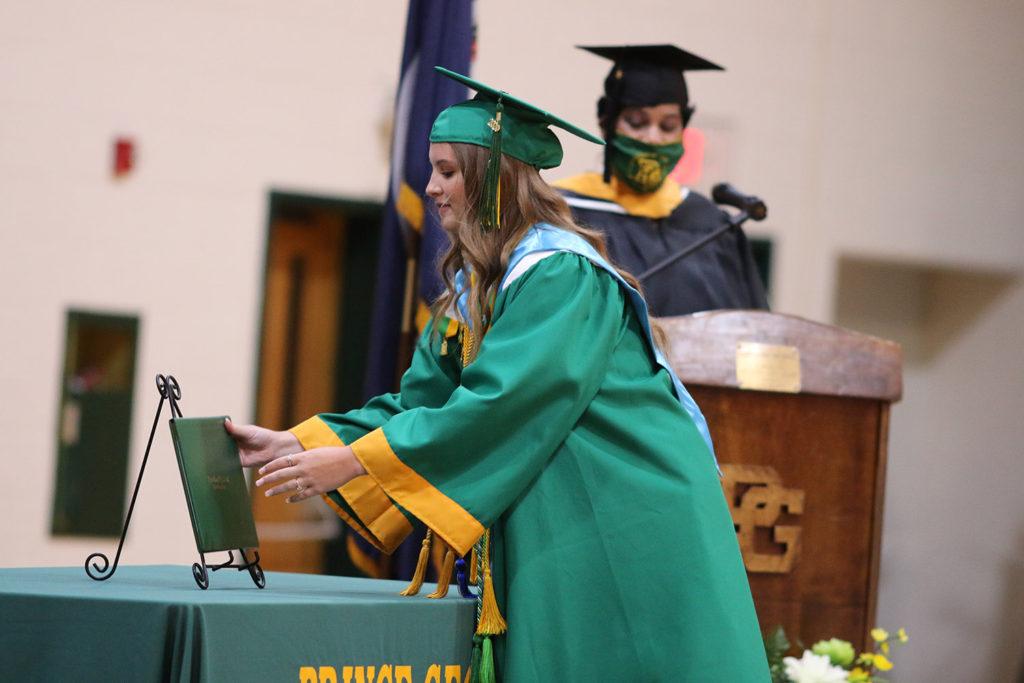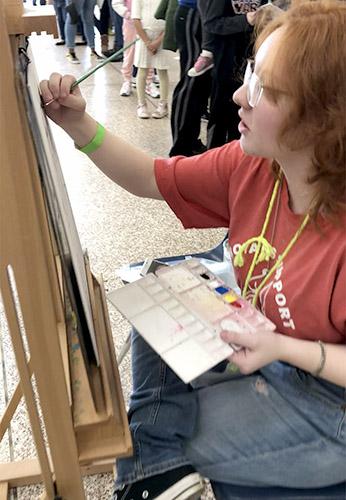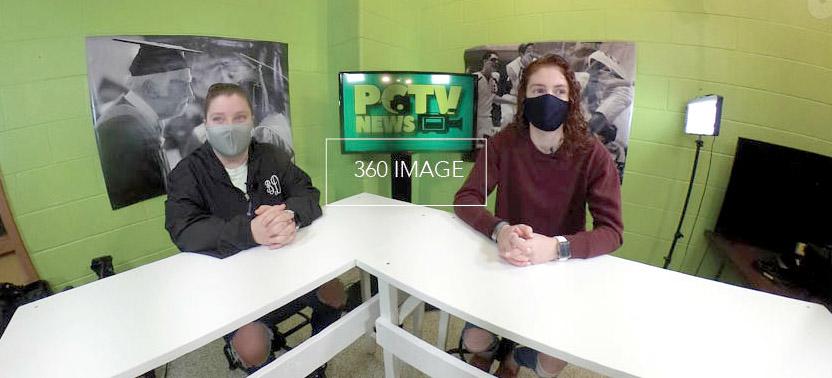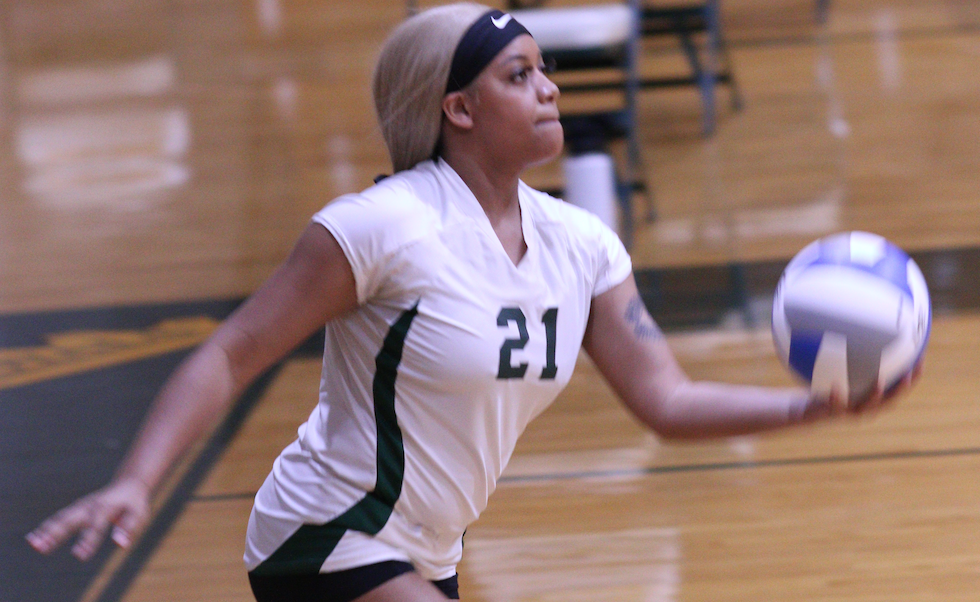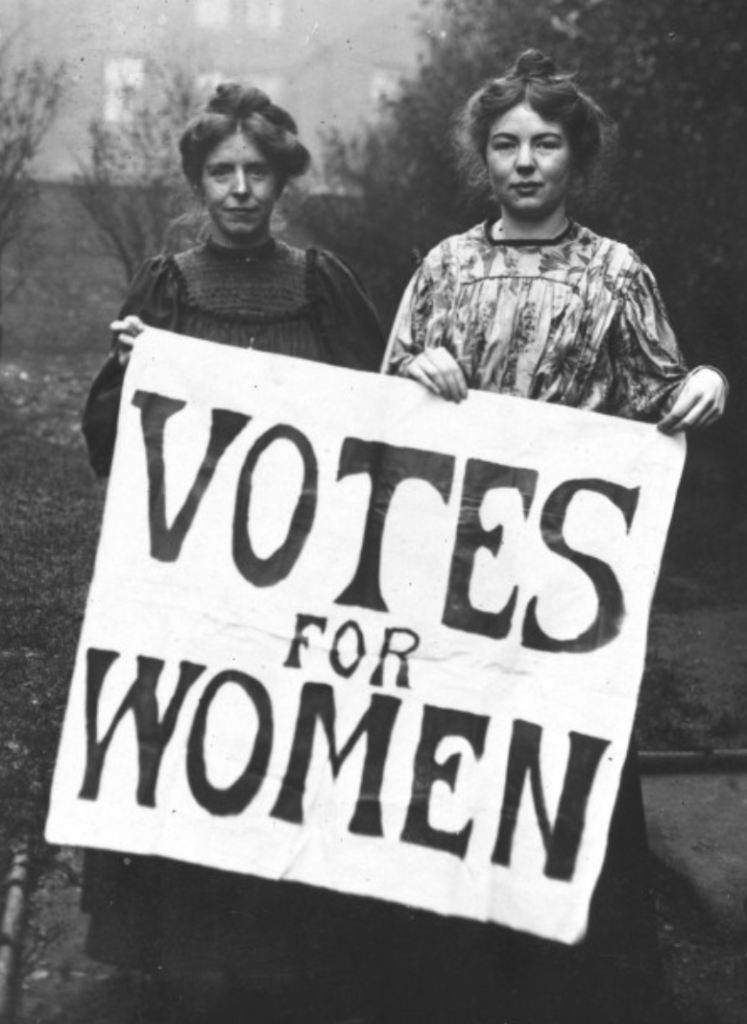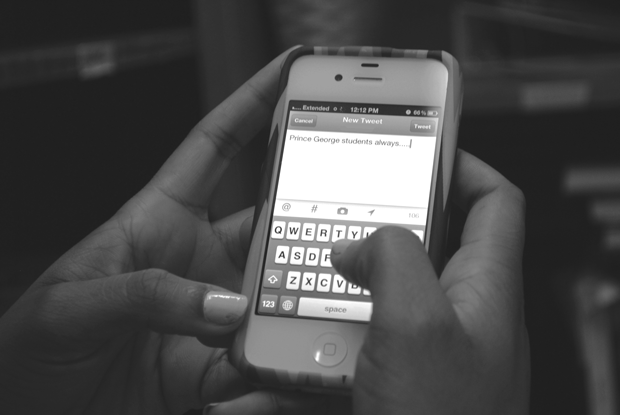In addition to many new staff members, Prince George County schools are undergoing new policy changes. The Electronic/Communication Devices policy transformed the most from previous years in hopes to have a large impact on students.
The previous policy was deemed inadequate because it failed to recognize the growing importance of technology that has characterized today’s younger generation.
“The cell phone policy changed because the policy as it was written, was counter to implementing 21st century technology in our classrooms,” co-principal Pete Fisher said. “We cannot discourage electronic devices from being visible and simultaneously encourage [electronics’ use] in the classroom.”
This biggest changes involve the words “visible” and “after-school.” Formerly, the policy stated that during school hours, cell phones and other electronic devices had to be turned off and out of sight. After school, electronic devices had been banned until 3:45 PM.
According to the Student Handbook, the new policy states: “Students may possess wireless communication devices (i.e- cell phones) on school grounds provided that these devices are not activated before and during the school day.”
“I think [the new policy] is wonderful because it shows that they [the school board] are becoming more open-minded about technology,” senior Alayna Tompkins said. “I think that they could do more. A phone in the commons, I do not think that is a big deal.”
Cell phones and other electronic devices are allowed to be out and visible as long as they are turned off. In addition, students are allowed to take phones and out and turn them on at 2:30 PM.
“There is a huge need for students and parents to be connected after school,” Fisher said.
A concern of staff and parents is the effect that this new policy will have on students’ learning and teachers’ teaching.
“I think [the new policy] will complement learning and student lifestyle, well everyone’s lifestyle,” Fisher said. “I think the kids will be cooperative. It is relaxing the policy for the benefit of the kids, and I think the kids will respond properly.”
One of the main reasons for a technology policy change is for the future prospect of having more technologically centered classes and lessons. The school board, who initiated the policy change, realized the growing presence of technology in students’ lives and is making changes to cater to that.
“The school board recognized the reality that students have cell phones and the importance of having devices for instruction,” co-principal Mike Nelson said.
Teachers will be encouraged to incorporate technology into their classrooms whether it be through cell phone use or laptops. ‘Bring Your Own Device’ is a policy that could be enacted. Students would be asked to bring their own electronics to participate in a lesson.
“I love the idea of using technology in the classroom,” Tompkins said. “If I could use my device to look things up, it would make assignments easier. Bringing a laptop, iPad, or kindle would be nice. I would hope that teachers would be willing to embrace the technology and use it.”
The goal of the policy change is to prepare students for the future by incorporating technology that will presumably be knowledge students will need to know.
“The direction we are heading in is more access to technology,” Nelson said. “[Students] need to be prepared to interact with and use technology. We want students to be prepared for the next academic level i.e college, jobs, etc. The expectation will be that students will be familiar with learning and using these electronic devices.”




